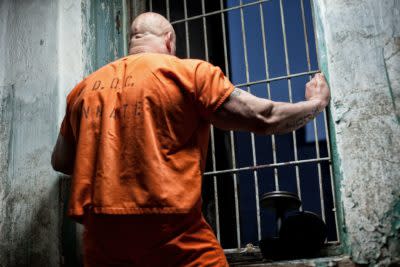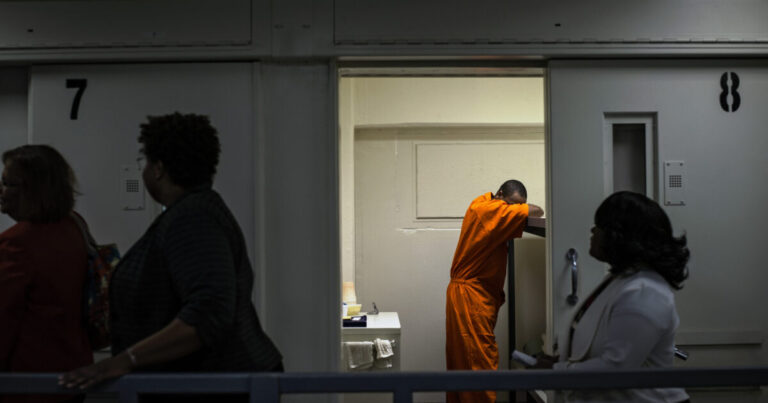California lawmakers revive effort to ban involuntary servitude as punishment for crimes
Last year, voters in Vermont, Oregon, Tennessee and Alabama approved historic ballot measures that removed slavery and involuntary servitude as punishment for crime from their state constitutions, which could lead to limitations on forced prison labor. They joined a growing list of states that passed similar initiatives in recent years, including Nebraska, Utah and Colorado….










